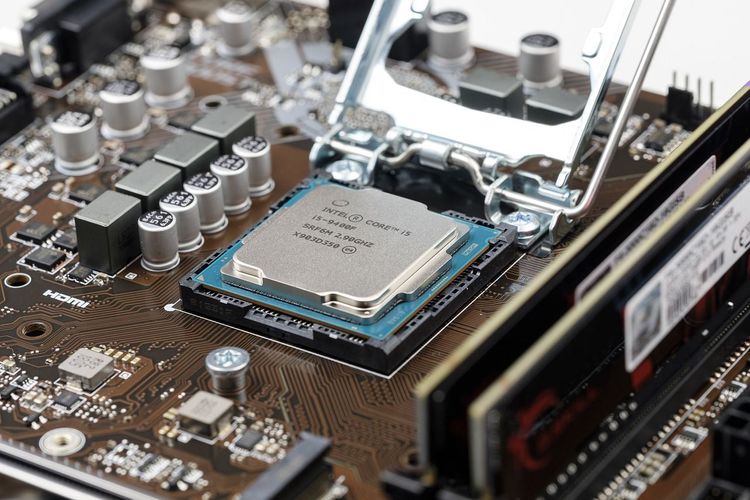Robotics is often perceived as primarily a hardware challenge, but in reality, it’s equally a software issue. While the allure of mechatronics may capture attention, without robust software solutions, expensive robots can quickly become nothing more than decorative paperweights. The path to widespread robotics adoption is riddled with unforeseen challenges that can inhibit practical implementation, creating a pressing need for innovative software solutions.
Founded in 2022, Jacobi Robotics set out to tackle one specific, critical issue: singularities. This term has a distinct meaning in robotics, differing substantially from its interpretation in discussions about AI, such as those by Ray Kurzweil.
In the context of robotics, singularities refer to complex scenarios that demand a deep understanding of robotic mechanics, yet the concept often goes unrecognized outside of academic literature. These are significant challenges that have tangible repercussions in real-world applications. “Singularities represent the Achilles’ heel for industrial robots,” Jacobi explains. “During repetitive tasks, robots can be programmed to navigate around singularities, but this requires extensive manual path fine-tuning. Moreover, since robot paths must adapt to slight changes in materials or thermal expansion, the need for adjustments arises frequently.”
If you're well-versed in robotics, you've likely encountered the phrase “degrees of freedom,” which describes the range of motion a robot arm, typically capable of six or seven degrees of freedom, can achieve. Singularities are the points in space where robotic movement becomes impossible, necessitating human intervention to restore functionality.
The name Jacobi Robotics is derived from the Jacobian matrix, which refers to the relationship between the velocities of a robot's joints and its end effectors, named after the influential 19th-century German mathematician, Carl Jacobi. In essence, the concept and the company itself are dedicated to advancing robot path planning.
The team behind Jacobi Robotics comprises four UC Berkeley robotics students and their professor, Ken Goldberg, who also co-founded Ambi Robotics, a company specializing in package sorting technology. This wealth of experience is valuable as they navigate the complexities of robotics.
Initially, Jacobi Robotics is focusing on singularities, which can cause robots to halt at unpredictable moments. This challenge is particularly relevant to critical applications in robotic arms, such as bin picking, package sorting, and palletizing—key processes within industrial robotics.
Jacobi has begun pilot programs with select partners, including the automation deployment firm Formic, along with a larger consumer electronics company, which remains undisclosed for business reasons. According to Formic, Jacobi's innovative strategies for addressing singularities have significantly streamlined deployment timelines, even in these early stages. Addressing potential issues upfront is essential for companies like Formic to minimize the need for post-deployment interventions.
The leadership team includes CEO Max Cao, CPO Yahav Avigal, Chief Architect Lars Berscheid, and Chief Roboticist Jeff Ichnowski, who also holds an assistant professorship at Carnegie Mellon University’s Robotics Institute. In early 2023, Jacobi secured $1 million in pre-seed funding and is now concentrating on raising a proper seed round to bring its solutions to market. Current investors consist of Swift Ventures and Berkeley SkyDeck, the UC Berkeley accelerator, which recently showcased Jacobi during its demo day.
The software provided by Jacobi Robotics supports several leading robotics arm manufacturers, including ABB, Fanuc, Universal Robots, and Yaskawa.







